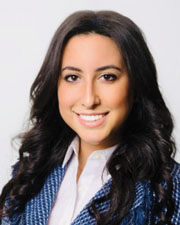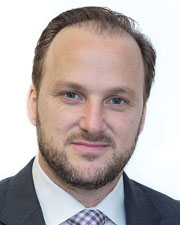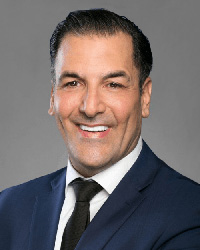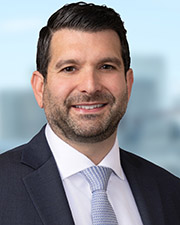The Affordable Care Act (ACA) – Is your organization ready to “play or pay?” - by Goldstein
Whether we want to accept it or not, the Affordable Care Act (ACA), or Obamacare, is here to stay. The intention of the ACA is to offer quality health insurance to full-time workers within a minimum standard offering, Minimum Essential Coverage (MEC), with the same rates—regardless of pre-existing conditions or sex. Throughout the last five years, several amendments have been made to the act, making it mandatory for all employees to have some type of coverage, whether it is privately owned or through their employer. The concept is simple: To play, the employer must offer health coverage to full-time employees (FTE) that work an average of 30 or more hours per week. Employers who fail to offer coverage will pay penalties if any FTEs receive government subsidies to buy individual insurance through the exchange or marketplace.
Questions to consider regarding compliance:
• Does the employer offer basic health coverage to most FTEs and their children? If not, the employer is at risk for a large penalty.
• Does the employer offer all FTEs and their children affordable coverage providing minimum value? If not, the employer is at risk for a different penalty.
Filing Requirements
Employers must provide forms 1095-C to their employees and file form 1094-C with the IRS. This new requirement applies to both insured and self-insured medical plans.
Certain vendors may offer services such as:
• Storing the fields.
• Identifying the offer of health coverage to employees and enrollment for all covered individuals.
• Usage of the data stored to generate the IRS Form 1095-C and provide final output via a data file to the employer or a completed 1095-C form directly to the employee.
Some of the more well-known vendors include ACA Managed Services, Empyrean, and Worxtime.
Who are the employers that will be most impacted by these requirements?
• All employers with more than 50 employees.
• Employers with active or aggressive turnover in employment (i.e. security guards, construction companies, manufacturing and distribution, restaurants, etc.) White collar companies may not have the same complexities.
• Union and non-union employees
Form 1095-C should be provided to recipients/employees no later than February 29, 2016 consistent with W-2 and 1099 reporting.What are the possible penalties?
Companies can be fined penalties if:
• An applicable large employer (ALE) does not offer MEC to at least 70 percent of FTEs and dependents in 2015 and at least 95 percent in 2016.
• Each FTE is not offered affordable coverage or the health plan offered does not cover at least 60 percent of the allowed costs of plan benefits
• The employer shared responsibility or penalty can be as much as $2,000 per employee.
Even if an ALE member offers minimum essential coverage to a sufficient number of FTEs (and their dependents) so as not to be liable for the employer shared responsibility payment described above, the employer will generally still owe the second type of employer shared responsibility payment for each FTE (if any) who receives the premium tax credit for purchasing coverage through the Marketplace.
In general, a FTE could receive the premium tax credit if:
(a) The minimum essential coverage the employer offers to the employee is not affordable.
(b) The minimum essential coverage the employer offers to the employee does not provide minimum value.
(c) The employee is not one of the at least 95 percent of employees offered minimum essential coverage.
If an ALE member owes this second type of employer shared responsibility payment, the annual payment will be $3,000 for each FTE who received the premium tax credit.
Penalties for failure to file/furnish an annual IRS return (1094-B or C) or to provide individual statements to all FTE’s (1095-C) were recently increased ranging from $50 per form (with a $500,000 annual maximum) to $250 per form (with a $3M annual maximum.)
What is Transition Relief?
Transition relief provides a one-year delay in enforcing penalties to qualifying ALEs with 50-99 FTEs. Even if you qualify for transition relief, you must file the appropriate forms for the 2015 tax year.
Whatever the case, it is important for ALEs to understand what is expected of them and begin preparing now!
Steven Goldstein, CPA, PFS, is an audit partner at Grassi & Co., New York, N.Y.
Eight things every new NYC apartment board member should do in their first 100 days in office - by Yotam Cohen


The CRE content gap: Why owners and brokers need better digital narratives in 2026 - by Kimberly Zar Bloorian








.gif)


.jpg)
.gif)